東京が緊急事態宣言下の中で、東京オリンピックが開催されることに、多くの人がモヤモヤとした気持ちを持っていると思います。
賛成、反対の割合をさまざまなメディアや機関が報告しているサーベイ結果を見ると、割合に違いはあるものの、過半数以上が反対の意見に傾いているようです。
反対意見の多くの論調は、『コロナにより国民に我慢が強いられている中、なぜ商業主義色の強いオリンピックだけ許されれるのか?』、『政府は国民の代表であるべきなのに国民の意見を無視して強行するのか』、都民や国民の不満がこの二つに集約されているように感じます。
私自身、この問題を考えるにあたり、そもそも東京オリンピックを誘致するときのvalue proposition (価値提供)である、『開催都市のサステナビリティー(持続可能生)』は何処まで達成できるのかを見る必要があるのではないかと思いました。
タイトルの図解では、開催経費が1兆6400億円まで膨れ上がってしまい、オリンピック史上最も経費がかかる大会になってしまうことを書きました。
この金額だけ聞くと、開催都市東京の持続可能性を高めることは何処かへいってしまい、税金の無駄使いではないか、負のレガシーになってしまうのではないかと疑問が出てくるのも無理はないと感じます。
この金額に対して、五輪組織委員会の事務総長は、『高いと見るかどうかは、いろいろな見方がある。これをコストと見るか投資と見るかで変わってくる。前向きな投資と見れば、それに相応しい意義が確認できる』と説明されています。
それでは、東京大会で実現を目指している持続可能な開発目標とはどのようなものなのか見てみたいと思います。
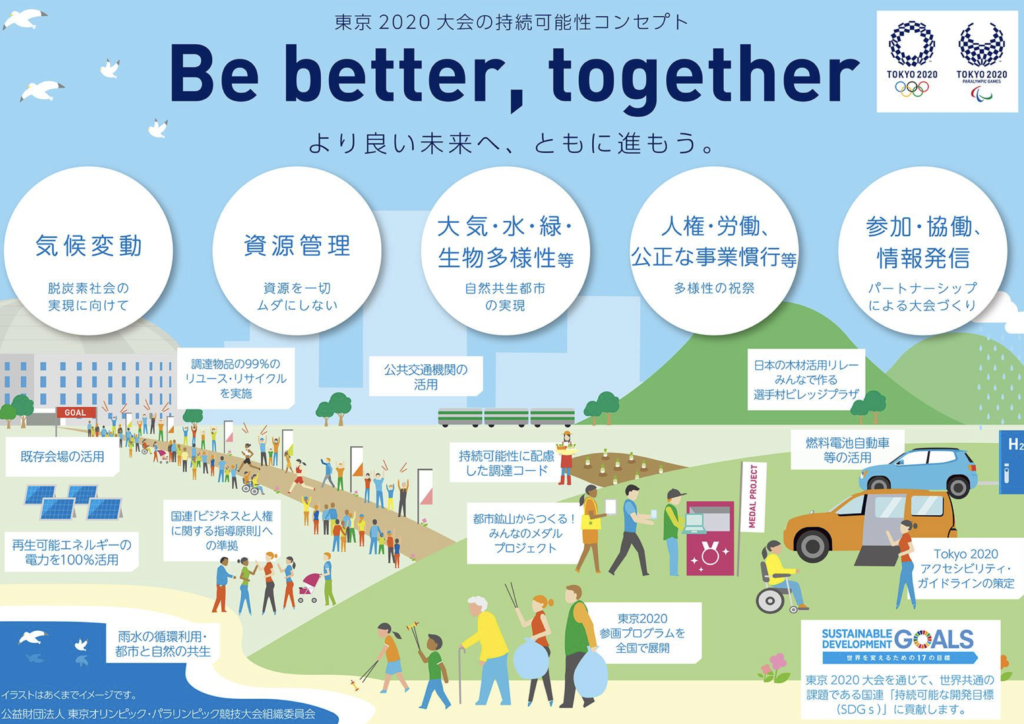
Be better, together – より良い未来へ、ともに進もう
このスローガンの元、五つの持続可能な開発目標を上げています
気候変動 … 脱炭素社会の実現に向けて
資源管理 … 資源を一切ムダにしない
大気・水・緑・生物多様性 … 自然共生都市の実現
人権・労働。公正な事業慣行 … 多様性の祝祭
参加・協働、情報発信 … パートナーシップによる大会づくり
次に、これらの実現に向けて具体的に掲げているアクションが以下になります。
- 競技会場、選手村、国際放送センター・メインプレスセンターにおいて、再生可能エネルギーを100%使用
- 燃料電池自動車(FCV)や電気自動車(EV)などの低公害・低燃費車両を導入
- 約5,000個のメダルを国民の使用済み小型家電から作る
- 63自治体から借り受けた木材で選手村の施設を建設し、大会後に木材を各地で再利用
- 家庭から出るプラスチック等を集めて表彰台を作るレンタル・リースや物品の再販を行うとともに、大会関係者が連携して物品の後利用を推進(調達物品の99%をリユース・リサイクル)
- 大会に関わる一人ひとりの参加によりごみと資源を適切に分別してリサイクル( 運営時廃棄物の65%のリユース・リサイクル)
- 新設競技会場において、濾過装置を導入して、水資源を有効活用
- 既存の緑との連続性を踏まえ、気候や風土に適した樹種等により新たに緑化
- 障害の有無に関わらず、全ての人に対して会場までの一貫したアクセシビリティの確保
- あらゆる差別・ハラスメントを受けることなく、世界中から訪れる多様な人々が、お互いの違いを認め合いながら、一緒に楽しめる大会を実現
- 国際機関と連携し、SDGsの啓発や働きがいのある人間らしい仕事を推進被災地から世界へ、世界から被災地へ、支援への感謝や選手への応援の気持ちを伝える
これらのアクションから、オリンピックを商用主義色の強い路線から転換して、環境や資源に優しいオリンピックを目指している組織委委員会の意欲が見えてきます。
大会後に上記の目標に対してどれくらい達成できたか、また、今回の取り組みをオリンピック後にどのように活用していくかのレポートを見てみたいです。
話をオリンピックの経費に戻しますが、以下、1兆6,400億円の経費の内訳になります。
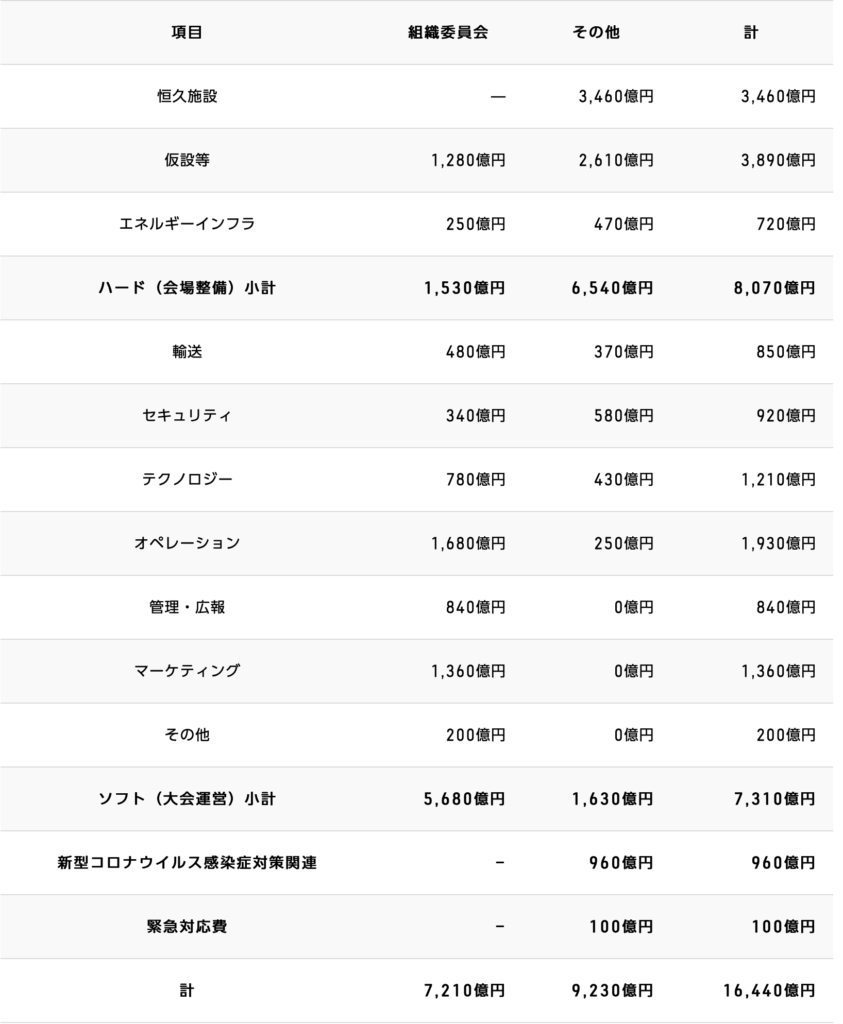
1964年の東京オリンピックの際は、日本の高度経済成長期と重なり、オリンピックがあってもなかったとしてもハード面の拡張が必要だった訳ですが、あれから60年近くたった今、ハード面に、8,070億円ものお金をかける必要があったかは大いに疑問です。
また、大会運営(ソフト面)に7,310億円の経費がかかるのも、開催都市の持続可能性を掲げた大会にしてはかかりすぎではないかという印象です。
という訳で、ハード、ソフトを含めて1兆6,400億円を使い、オリンピックは私たちに何を残してくれるのでしょうか?
私は、五輪組織委員の事務総長が仰った言葉である、オリンピックで使ったお金はコストではなく、投資としてみるべきであるということを、政府や東京都が責任を持って回収していかなければいけないと思いました。投資であるならば、その投資に見あったリターンを回収すべきです。
そして、オリンピックのソフト運用で学んだ知識や経験が東京都や地方の持続可能な開発目標に活かされことをしっかりと見届けていきたいと思います。
(English)
I think many people are bothered by the fact that the Tokyo Olympics will be held while Tokyo is under a declared state of emergency.
Looking at the survey results reported by various media and organizations on the percentage of people who are in favor of the Olympics and those who are against, it seems that more than a majority of people are leaning towards the opposing opinion, although the percentage varies.
Many of the arguments against are: “Why should the commercialistic Olympics be allowed when the people are forced to endure Corona? and “The government is supposed to be the representative of the people, but they ignore the opinions of the people and go ahead with it?
When I think about this issue, I think it is necessary to look at how far the host city can achieve sustainability, which is the value proposition when inviting the Tokyo Olympics.
In the illustration in the title, I wrote that the cost of hosting the Olympics would rise to 1.64 trillion yen, making it the most expensive Olympics in history.
Hearing only this amount of money, it is understandable that people may wonder if it is a waste of taxpayers’ money and a negative legacy, as it will not enhance the sustainability of the host city, Tokyo.
In response to this amount, the Secretary General of the Olympic Organizing Committee said, “There are many ways to look at this, whether you see it as expensive or not. It depends on whether you see it as a cost or an investment. If we see it as a positive investment, we can confirm the significance of it.
Now, let’s take a look at the Sustainable Development Goals that Tokyo is aiming to achieve.
Be better, together – Let’s move forward together to a better future.
Under this slogan, five sustainable development goals have been set
Climate change … Toward a decarbonized society
Resource management … No waste of resources
Air, water, greenery, and biodiversity … Realization of a city in harmony with nature
Human rights and labor. Fair business practices … Celebration of diversity
Participation and Collaboration, Information Dissemination … Building the convention through partnerships
The following are the specific actions we are taking to realize these goals.
Use of 100% renewable energy in the competition venues, athletes’ village, international broadcasting center, and main press center
Use of fuel cell vehicles (FCVs), electric vehicles (EVs), and other low-pollution and fuel-efficient vehicles
Approximately 5,000 medals made from the people’s used small home appliances
63 Constructing facilities for the athletes’ village using wood borrowed from local governments, and reusing the wood in various locations after the Games
Collect plastic and other materials from households to make podiums.
In addition to renting, leasing, and reselling goods, the people involved in the Games will work together to promote the later use of goods (99% of procured goods will be reused or recycled).
Appropriate separation and recycling of waste and resources through the participation of each person involved in the Games ( 65% of waste during operations is reused or recycled)
Effective use of water resources by installing a filtration system in new competition venues.
New greenery with species appropriate to the climate and climate based on continuity with existing greenery.
Ensure consistent accessibility to the venue for all people, regardless of disabilities.
Realize a convention that can be enjoyed by diverse people from all over the world without any discrimination or harassment, while recognizing each other’s differences.
Work with international organizations to raise awareness of the SDGs and promote humanistic work with job satisfaction.
Expressing gratitude for support and encouragement to athletes from the disaster area to the world and from the world to the disaster area
From these actions, we can see the willingness of the Organizing Committee to shift the Olympic Games from a commercialistic course to an environment- and resource-friendly Olympics. I would like to see a report after the Games on how much was achieved against the above goals and how this initiative will be used after the Olympics.
Returning to the topic of Olympic expenses, below is a breakdown of the 1.64 trillion yen in expenses.
The 1964 Tokyo Olympics coincided with Japan’s period of rapid economic growth, and whether the Olympics were held or not, it was necessary to expand the hardware, but now, almost 60 years later, it is highly doubtful that it was necessary to spend 807 billion yen on hardware. In addition, I have the impression that the 731 billion yen spent on the management of the Games (software) is too much for a Games that is designed to be sustainable for the host city.
So, with 1.64 trillion yen spent on both hardware and software, what will the Olympics leave us with?
I thought that the government and the Tokyo Metropolitan Government should take responsibility for recovering the money spent on the Olympics, which is what the Secretary General of the Olympic Organizing Committee said, that the money spent on the Olympics should be seen as an investment, not a cost. If it is an investment, then the return on that investment should be recovered. And I will make sure to see to it that the knowledge and experience I have learned through the soft operations of the Olympic Games are applied to the sustainable development goals of Tokyo and the region.
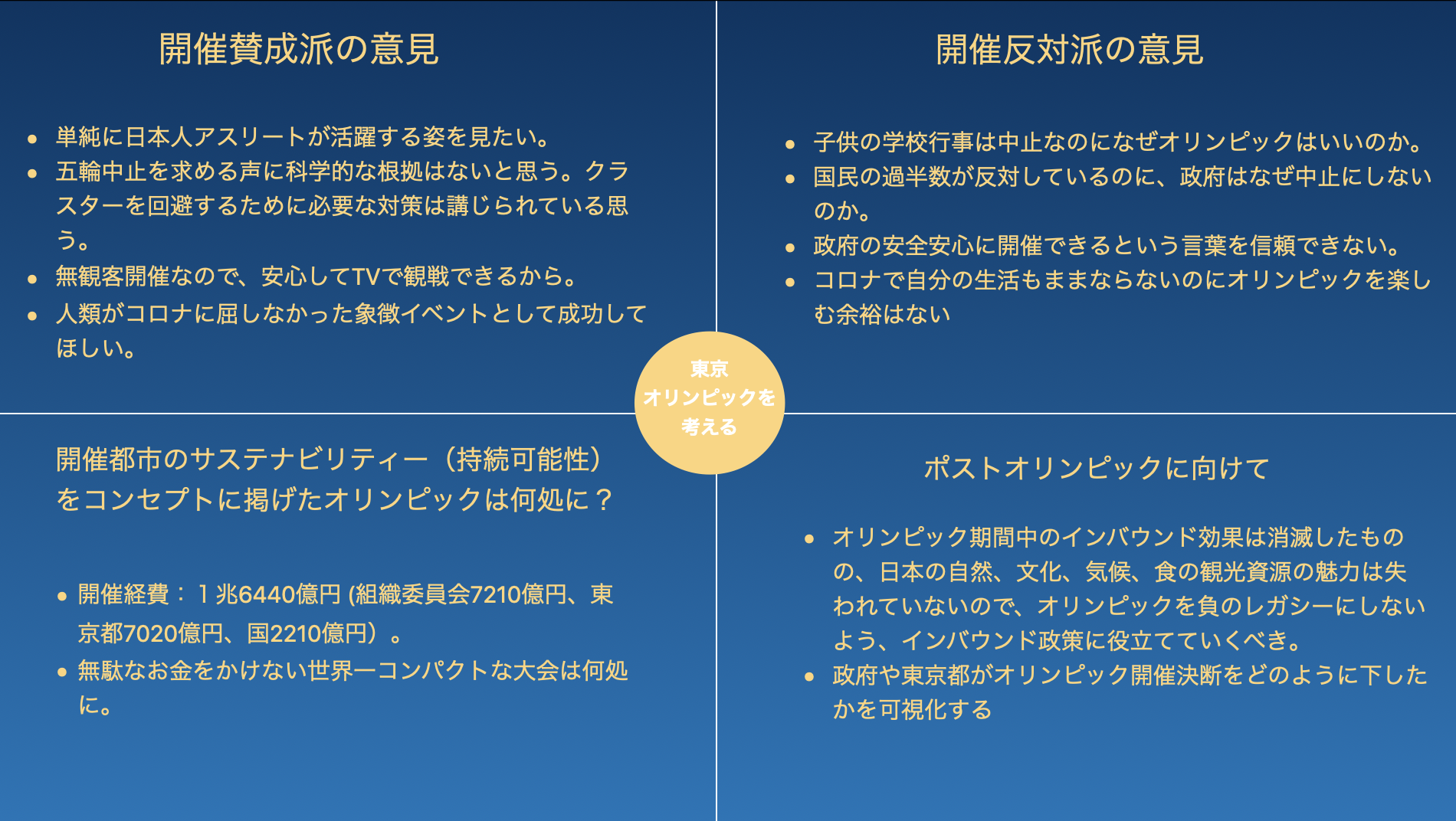
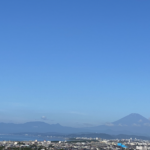
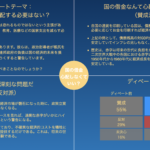
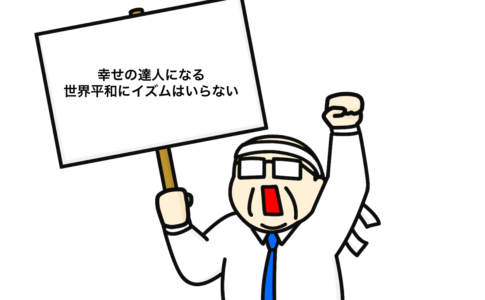
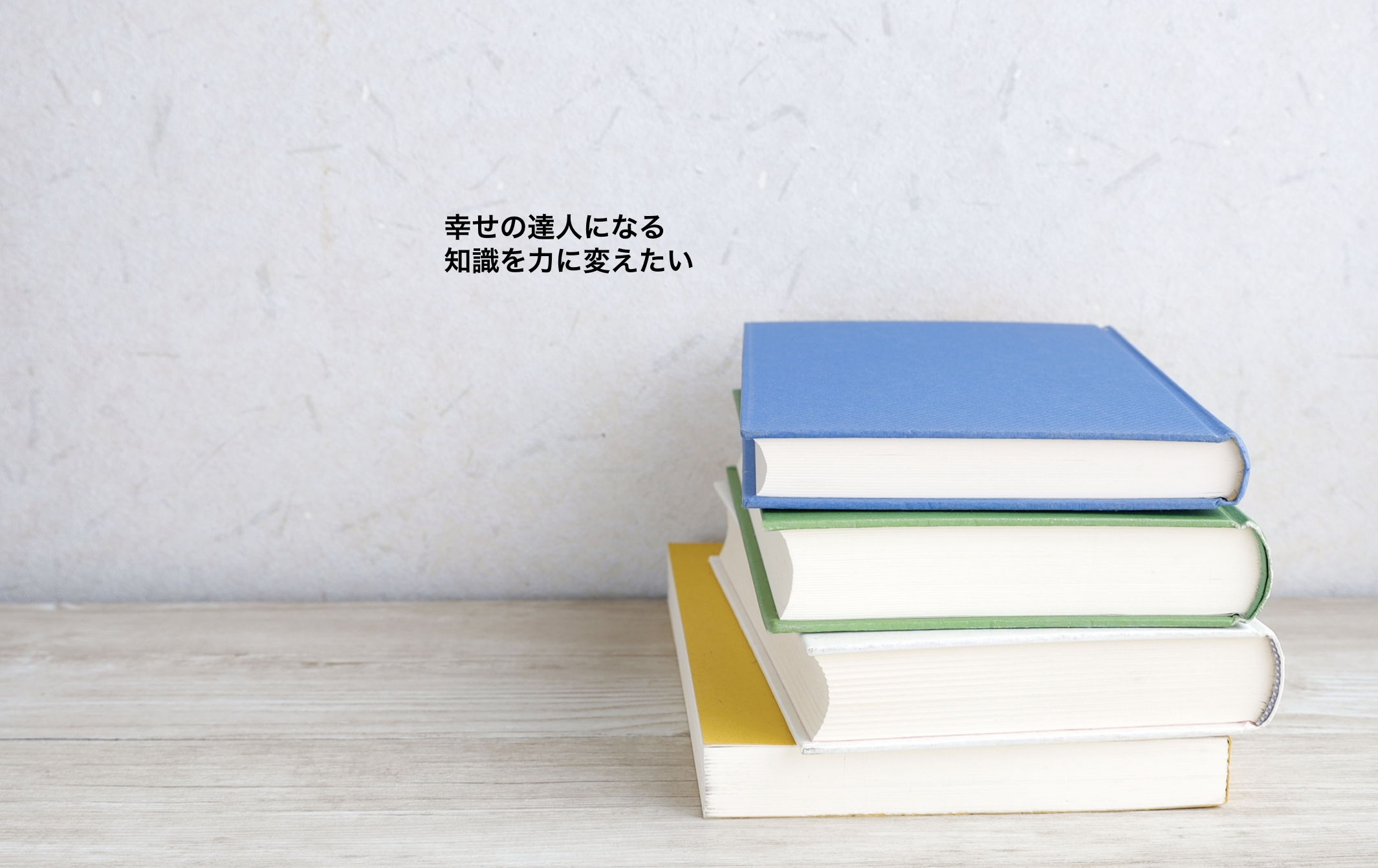
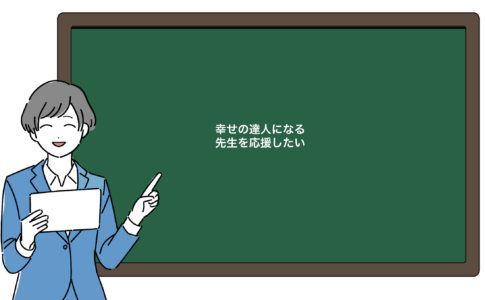
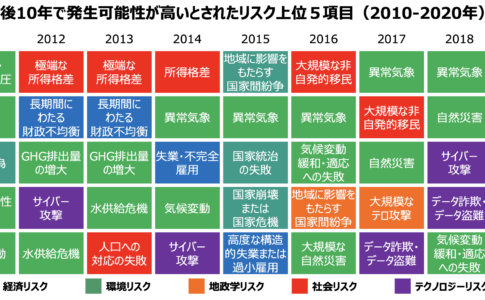
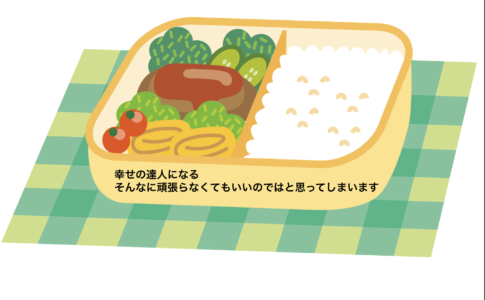

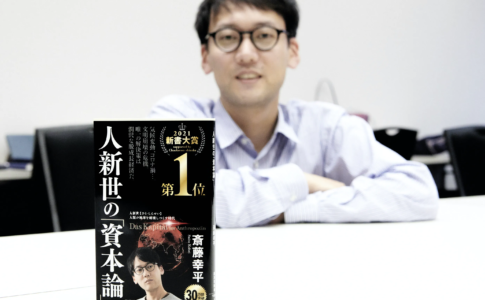
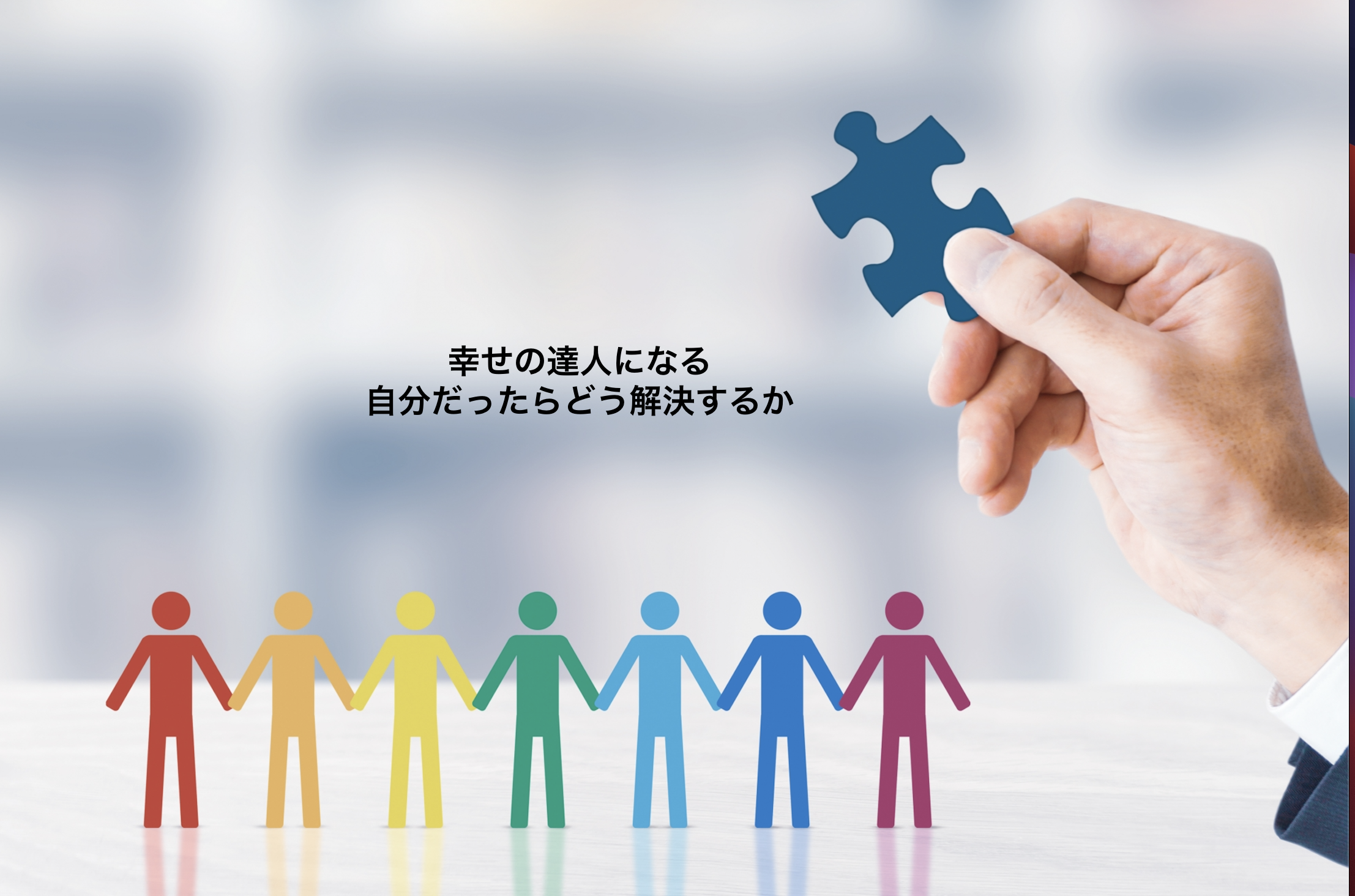


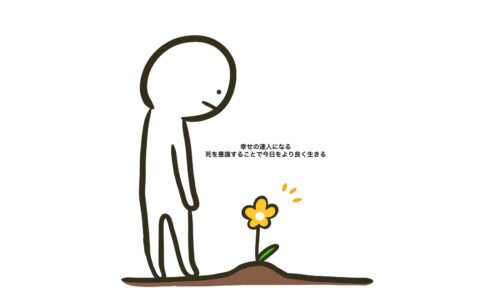


オリンピックを国の投資として見るなら、投資した分を回収してリターンを狙うのははビジネスであったら当たり前のことですよね。